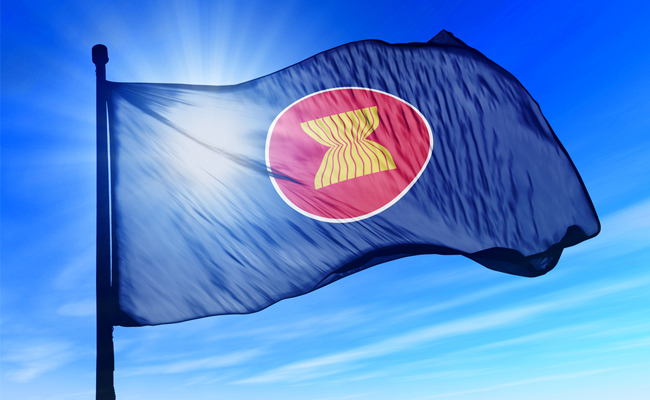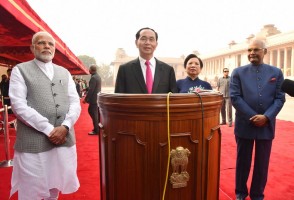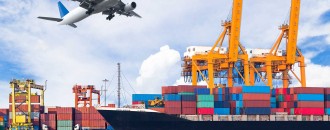
Connectivity seen as key to increase India-ASEAN trade to $100 billion by 2015
The Dollar Business Bureau | @TheDollarBiz  Leaders from India and the Association of Southeast Asian Nations (ASEAN) hope that the India-Myanmar-Thailand Trilateral Highway will pave the way to economic prosperity for over 1.8 billion people in the region and help meet the targeted $100 billion trade between India and ASEAN by 2015 and then double it to $200 billion by 2020. For India, ASEAN is not just at the core of the Look East policy, but also the key to economic prosperity of the North East. In 2012, India and ASEAN leaders fixed the target for ASEAN-India trade at $100 billion by 2015. India has also signed various Trade Agreements including the ASEAN-India Trade in Goods Agreement, the India-Malaysia Comprehensive Economic Cooperation Agreement (CECA) and the India-Singapore CECA to help reach the target. However, the target looks bigger than before as the ASEAN-India trade has plateaued at around $74 billion in recent years after the spike seen in 2010-12. In FY2013-14, India-ASEAN trade stood at around $74.4 billion with India’s trade deficit estimated at around $8.15 billion.
Leaders from India and the Association of Southeast Asian Nations (ASEAN) hope that the India-Myanmar-Thailand Trilateral Highway will pave the way to economic prosperity for over 1.8 billion people in the region and help meet the targeted $100 billion trade between India and ASEAN by 2015 and then double it to $200 billion by 2020. For India, ASEAN is not just at the core of the Look East policy, but also the key to economic prosperity of the North East. In 2012, India and ASEAN leaders fixed the target for ASEAN-India trade at $100 billion by 2015. India has also signed various Trade Agreements including the ASEAN-India Trade in Goods Agreement, the India-Malaysia Comprehensive Economic Cooperation Agreement (CECA) and the India-Singapore CECA to help reach the target. However, the target looks bigger than before as the ASEAN-India trade has plateaued at around $74 billion in recent years after the spike seen in 2010-12. In FY2013-14, India-ASEAN trade stood at around $74.4 billion with India’s trade deficit estimated at around $8.15 billion.
 Source - Ministry of Commerce, India
Source - Ministry of Commerce, IndiaBut leaders remain optimistic. Speaking at the 3rd Roundtable of ASEAN India Network of Think Tanks in Vietnam this week, India’s External Affairs Minister Sushma Swaraj said that there is a “tremendous scope” to enhance trade and investment in the ASEAN-India region and emphasized the importance of connectivity in improving trade. Swaraj informed that about 160 km of the Tamu-Kalewa-Kalemyo (TKK) Friendship Road has been completed as part of the Trilateral Highway from Moreh in Manipur, India to Mae Sot in Thailand that is expected to be completed by 2016. She added that connectivity must cover all modes of transport and allow free movement of people as well. “There are possibilities for collaboration in terms of SEZs at Kyaukpyu and Dawei (both in Myanmar),” she added. Prof. Dr. Ngo Xuan Binh, Director General of the Viet Nam Academy of Social Sciences, said that India, Myanmar and Thailand should begin negotiations on a Transit Transport Agreement for the Trilateral Highway to build the soft infrastructure required to permit movement of traffic and goods. He also urged the ASEAN Infrastructure Bank to support ASEAN-India connectivity.





 to success.
to success.